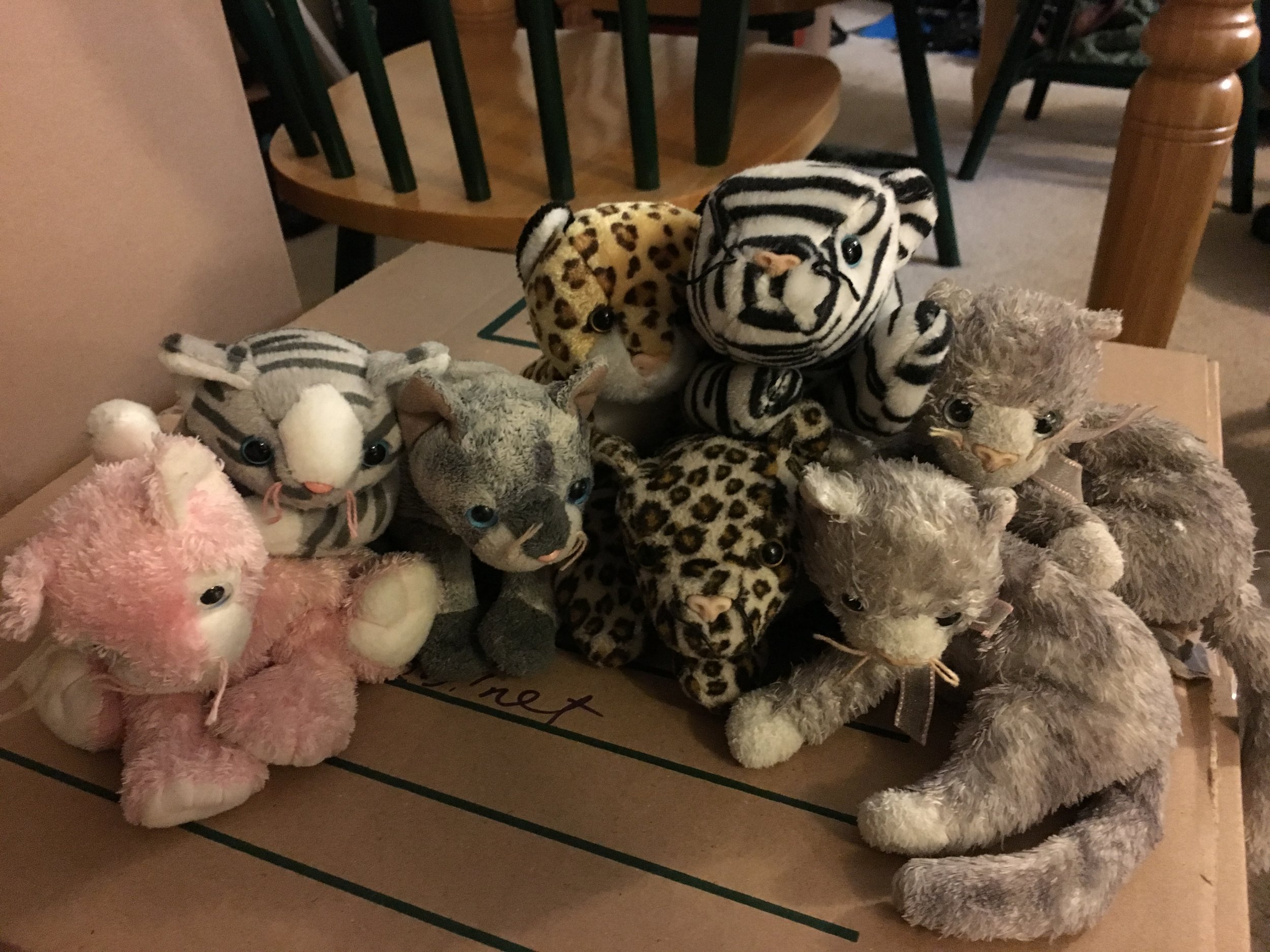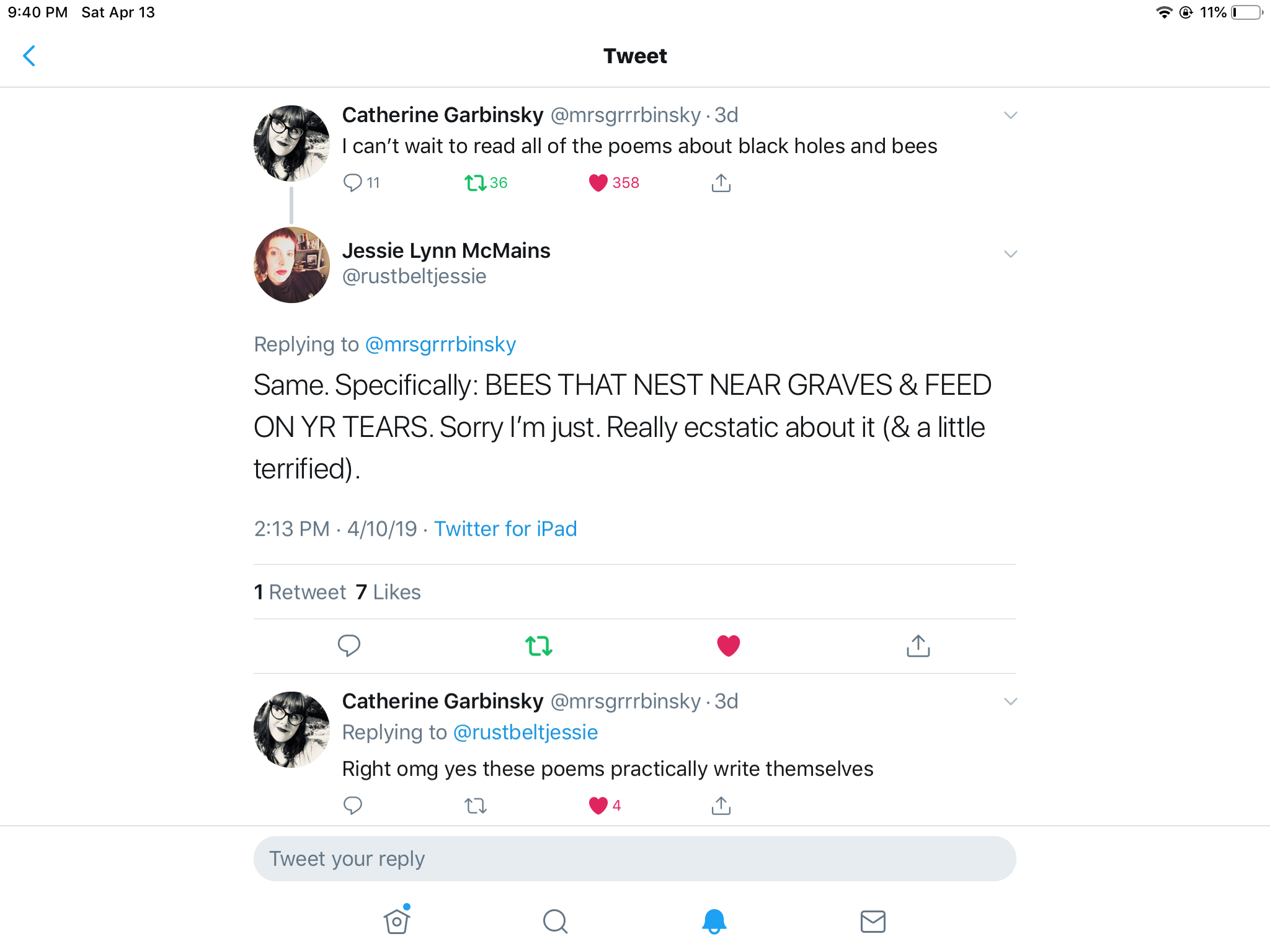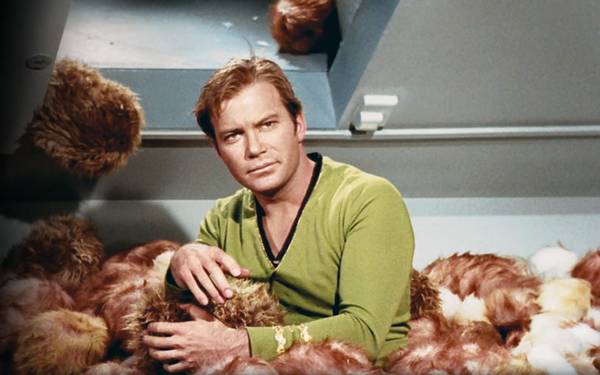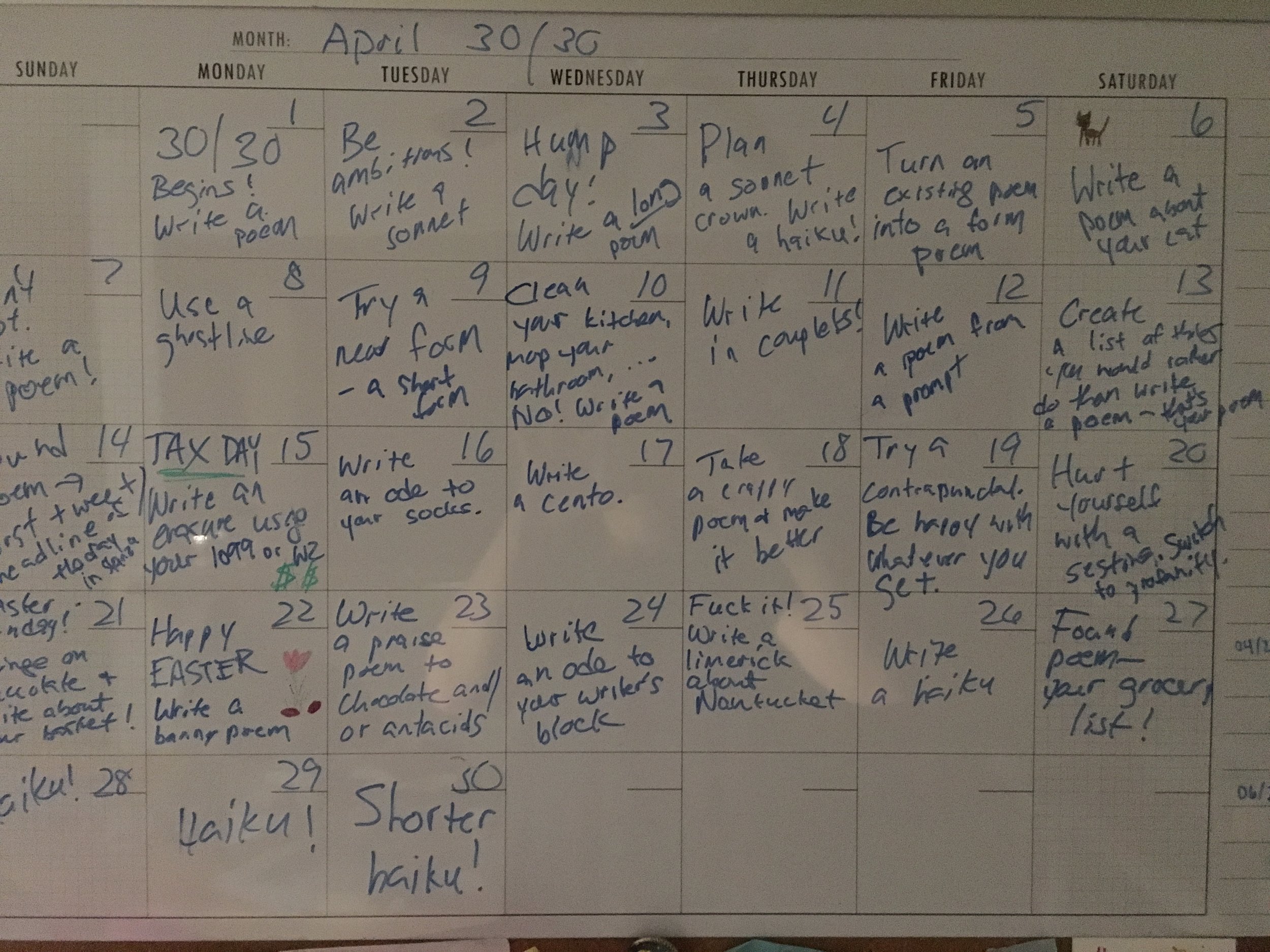For the third prompt, take the first line from either poem to use as a ghost line. Remember to erase the line. If you do use the first line, perhaps as an epigraph, be sure to give credit to the poet. Even if you do erase the line, you can always use the “After [poet’s name]” below your title.
For a fourth prompt, try to use as many of the following words in your own poem: landfall, labyrinth, mercurochrome, chamomile, glass, ivory-billed, elapsed, riddle, crimson, muteness, careless, bends, walks, walls, lightning.
For a fifth, ponder what it means to be “ivory-billed” and “Invisible/except to the most prepared observer” if debate over the ivory-billed woodpecker’s presumed extinction lives on? Then answer why the “birds grow quiet”; what snuffed their voices? Or, if you prefer, describe any negative phenomenon as in “heard the birds grow quiet”: felt numbness spread, saw vision fade, tasted hunger, etc.
For the sixth prompt, notice all the indicators of time in the two poems: the year “2005,” “before landfall,” “at night,” “Aztec time,” “fifth and final cycle,” “digital,” “early,” “Elapsed breath,” “months,” “sunsets,” again night, “dusk” and “September.” Juxtapose these indicators. What did/will time make us? When do we begin again if we never stop ending?
For the final prompt, compare “stardust/Ancient tailings of nothing” to “September’s sweet dust gathered.” When do we become lightning? What next?











































